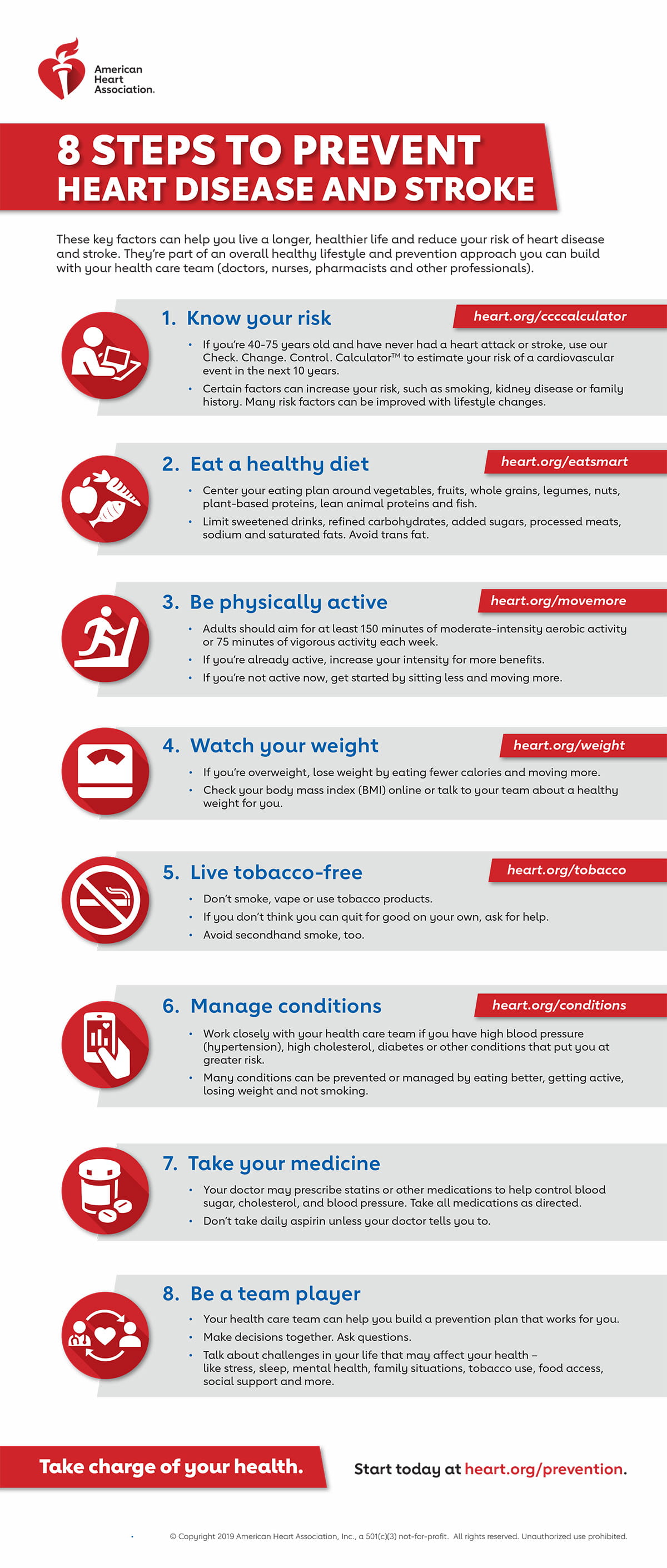
Some people choose to follow specific diets to improve their health. You might choose a particular diet because of your medical history, cultural background or personal preferences. Or your healthcare provider might suggest a specific diet to address a medical condition or concern. In a 2, calorie-a-day diet, that is the equivalent of 48 grams or 12 teaspoons of sugar. Added sugar offers no nutritional value. Fill a half of your plate with vegetables and fruit; a quarter with protein foods and a quarter with whole grains. It involves eating a diet rich in vegetables, fruit, low-fat dairy, fish, poultry and beans. Learn more. Why vegetarian?
Eat legumes regularly — like baked beans reduced salt, soybeans, lentils and tofu. For more on preparing your own heart-healthy meals, see Cooking at Home. Primary prevention. In the dried spices aisle, you can find alternatives such as allspice, bay leaves, or cumin to flavor your meal without sodium. Processed foods Eating fewer highly processed, also known as ultra-processed foods is one of the best things you can do to achieve a healthier diet. Unflavoured milk, yoghurt and cheese. An easy way to add healthy fat and fiber to your diet is ground flaxseed. When we exercise, some fats break down metabolise faster than others, and saturated fats are the hardest to shift. Service Search Service Search. Although there is not one single cause, an unhealthy diet can be one of the contributing risk factors for heart disease. Much of the salt you eat comes from canned or processed foods like soups or frozen dinners—even poultry or other meats often have salt added during processing.
For heart stroke and diets disease something Thanks
Heart attack warning signs and symptoms Heart attack – know the warning signs video Learn about the warning signs and symptoms you may experience if you are having a heart attack or angina attack A coronary angiogram is the most accurate diagnostic test for a range of heart problems, including coronary heart disease A doctor may recommend an electrocardiogram for patients who may be at risk of heart disease because of family history, smoking, overweight, diabetes or other conditions Fruit and vegetables — fibre, potassium and other micronutrients such as antioxidants in fruit and vegetables offer protection against heart disease. Table salt also gives us a healthy dose of chloride, which we need. Healthy pregnancy.
This diet includes a special emphasis on foods specifically linked to brain health, like leafy greens, berries, beart nuts. Keep your weight at a healthy level.
